We do not want another Cold War. We respectfully ask everyone not to generate a Cold War atmosphere
- said Péter Szijjártó, Minister of Foreign Affairs and Trade, in Brussels this past Monday regarding the conflict in Ukraine. The agenda for the meeting includes, alongside Ukraine, Syria and Libya, as well as Sudan and Mali. In connection with Syria and Libya, the Hungarian Foreign Minister emphasized that the European Union’s Middle East and Africa policy is in need of radical changes.
If we are unable to adapt, the EU will become irrelevant in these fields
- he said, adding that this would also lead to more security risks in Europe. He believes the required changes should serve three purposes: enabling Syrian and Libyan refugees to return home; preventing further waves of migration; and border protection assistance.
We must help Turkey to enable as many Syrian refugees as possible to return home. Turkey has invested quite a lot to ensure safe conditions, especially at the border areas
- said Péter Szijjártó, listing the tasks ahead of the EU. According to him, security, economic, and healthcare support and development programs should be implemented in the Middle East and Africa rather than simply inviting those living there to Europe.
Unfortunately, as of now, Brussels’ migration policy encourages migration to Europe rather than preventing it
– he emphasized. The Foreign Minister also said that North African countries should be helped to protect their southern borders, not just their northern maritime borders.
Mass migration into North African countries must also be prevented, for example in the case of Libya
- he stated.
Central Europe must be accounted for
In regard to Eastern European security risks, Péter Szijjártó pointed out that
He had consulted with the US Secretary of State Anthony Blinken via video on Monday afternoon.
We must lay down basic values, and we will not yield on these. First of all, we do not want another Cold War
- he said in connection with the situation in Ukraine. He emphasized that the Cold War era had devastating consequences for Central Europe. He went on to say that the government has no interest in a Cold War atmosphere either.
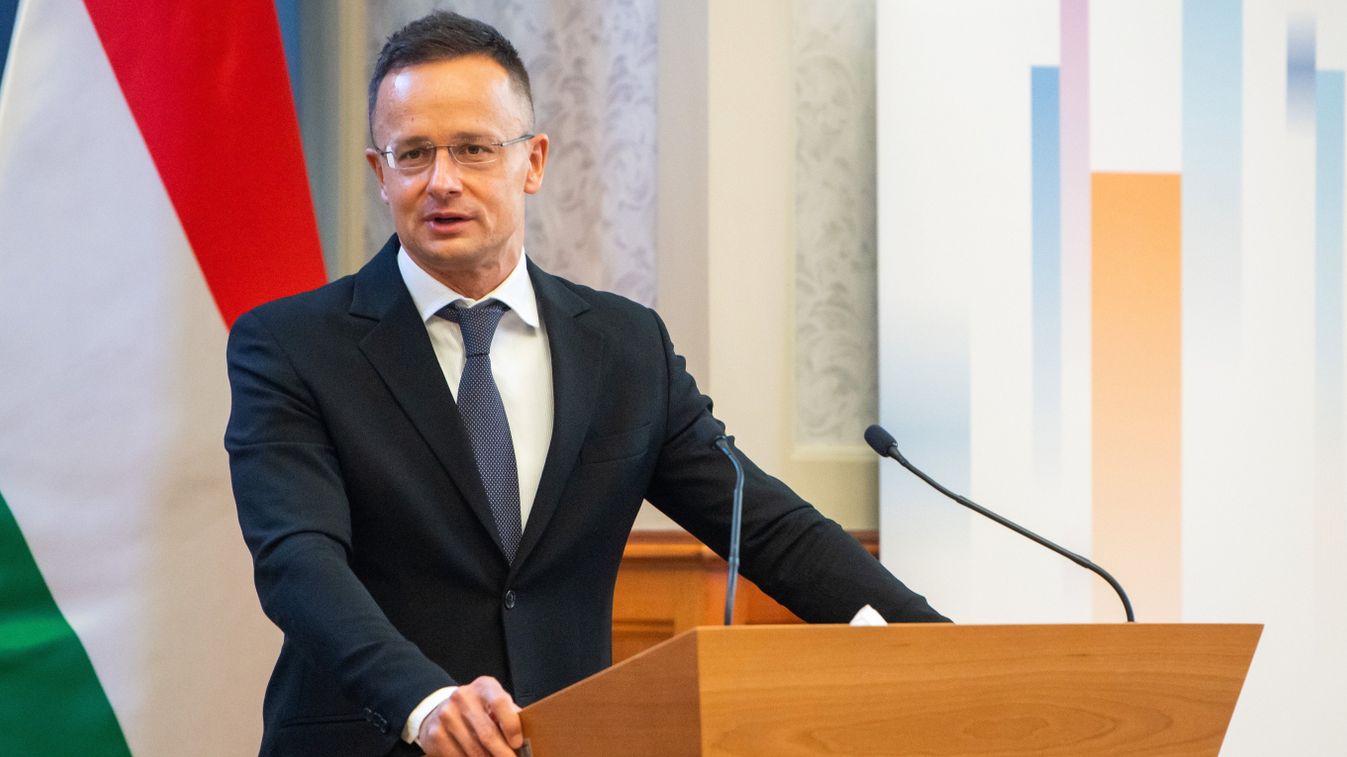
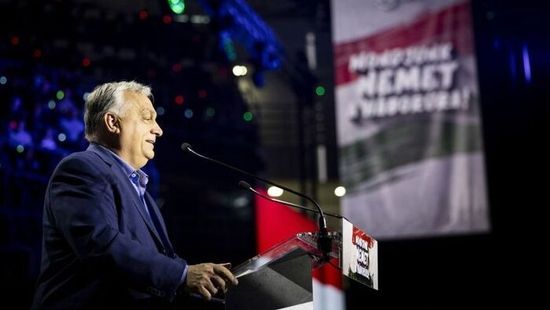





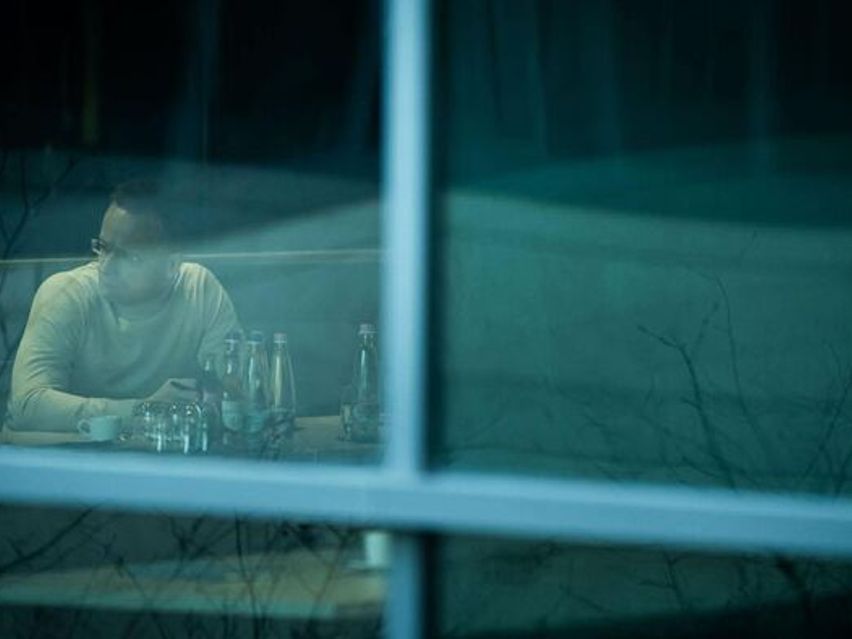
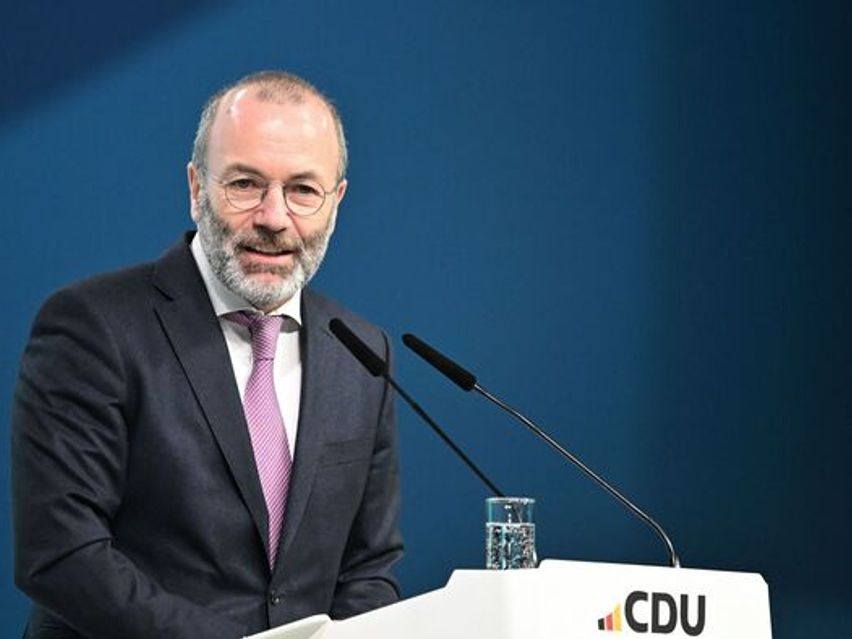
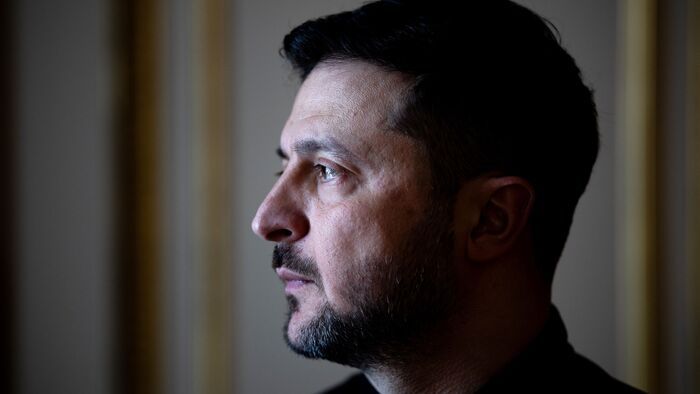

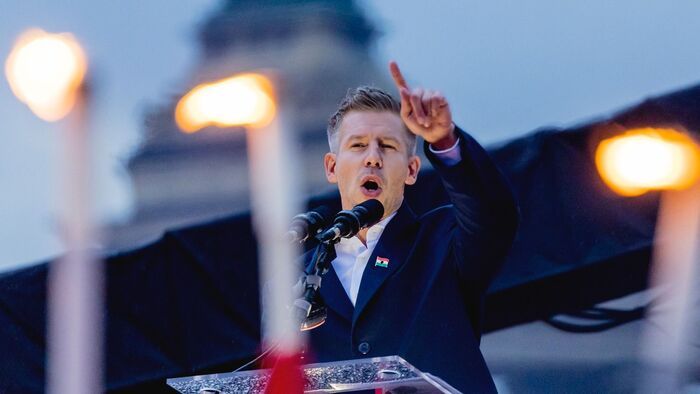
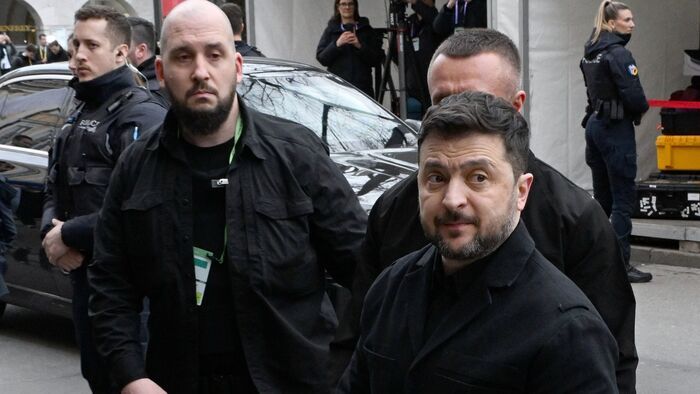
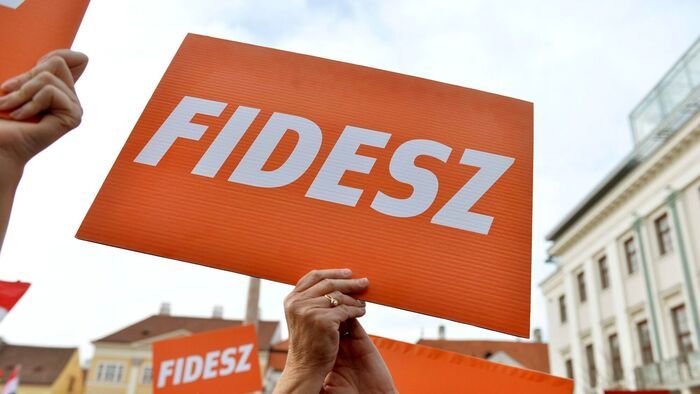

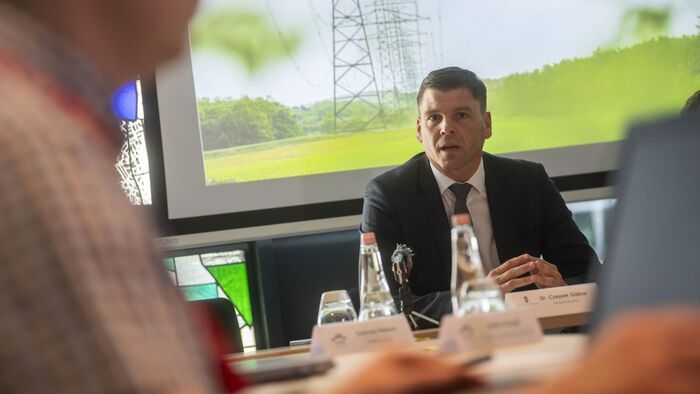
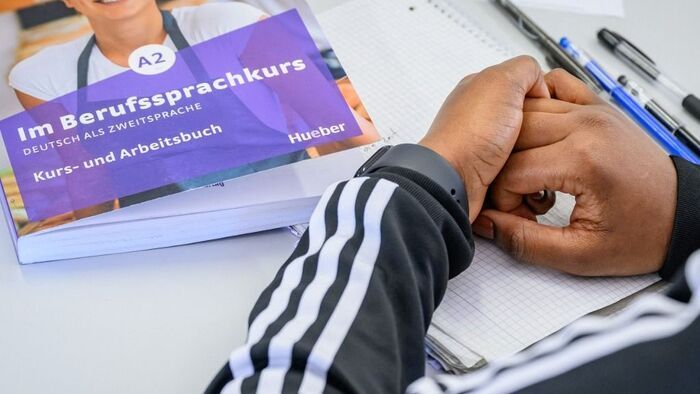
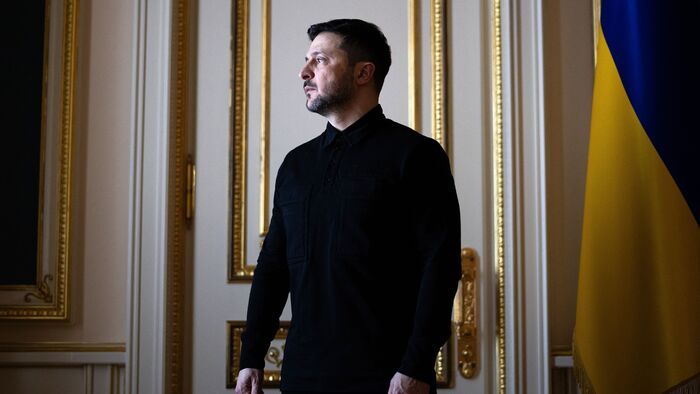



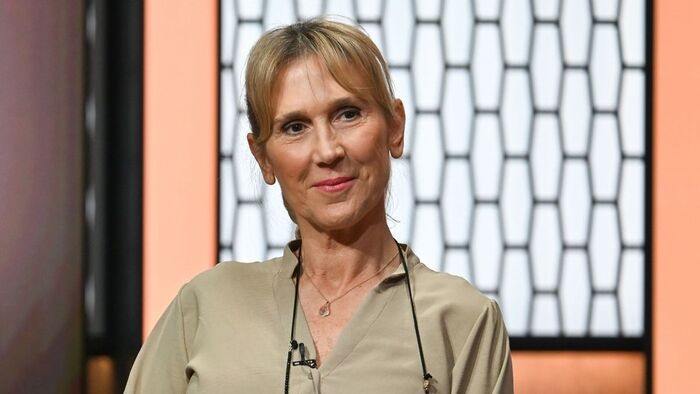

Szóljon hozzá!
Jelenleg csak a hozzászólások egy kis részét látja. Hozzászóláshoz és a további kommentek megtekintéséhez lépjen be, vagy regisztráljon!